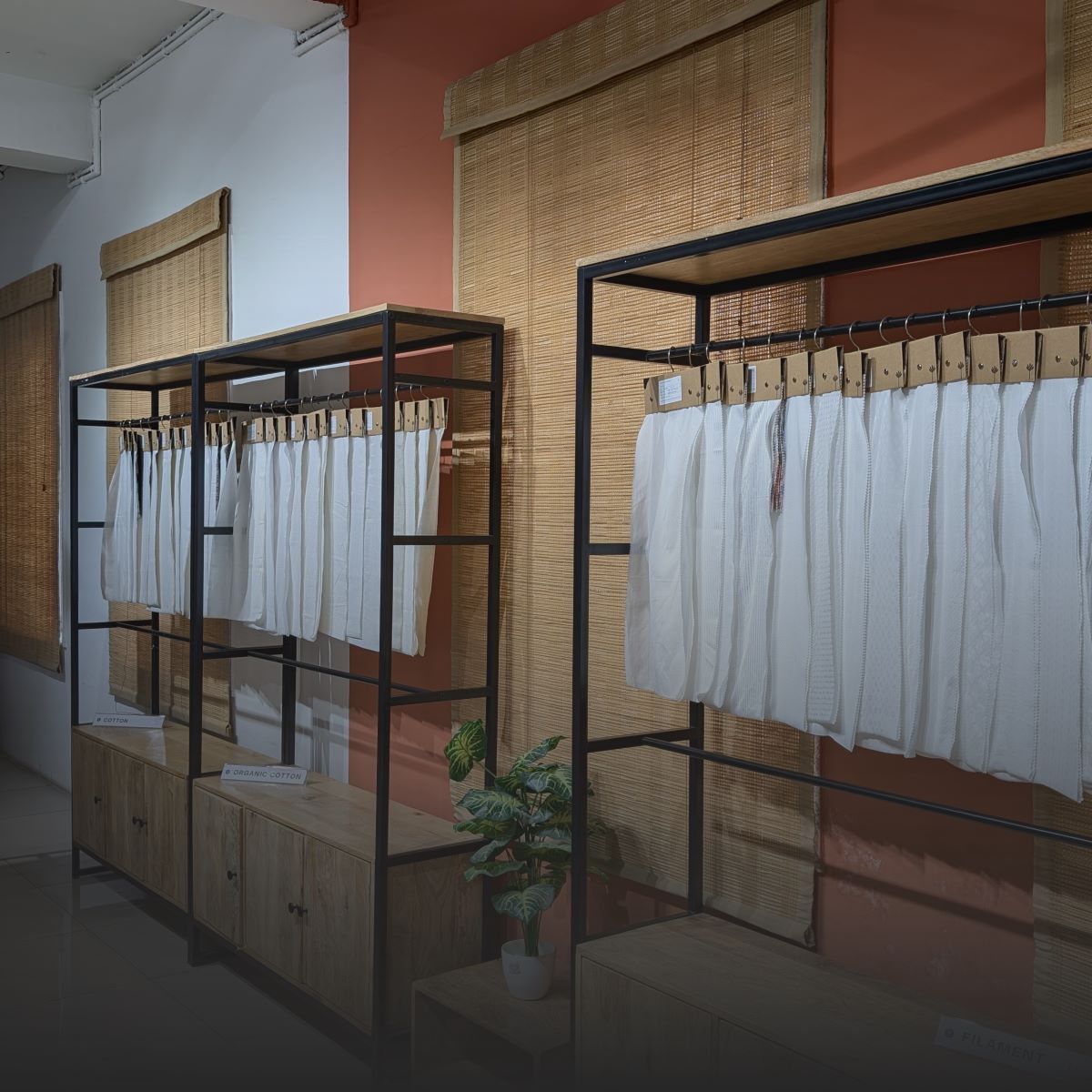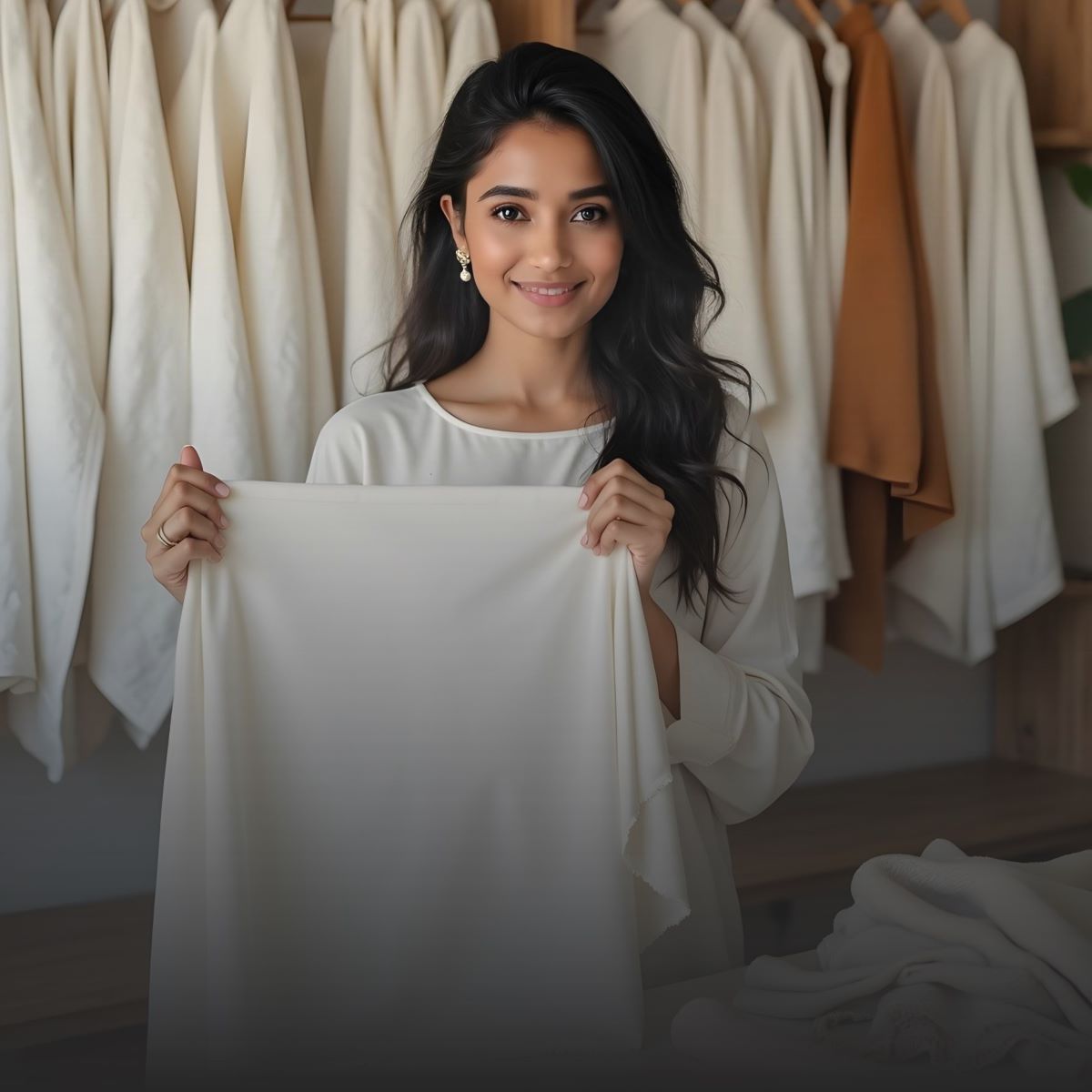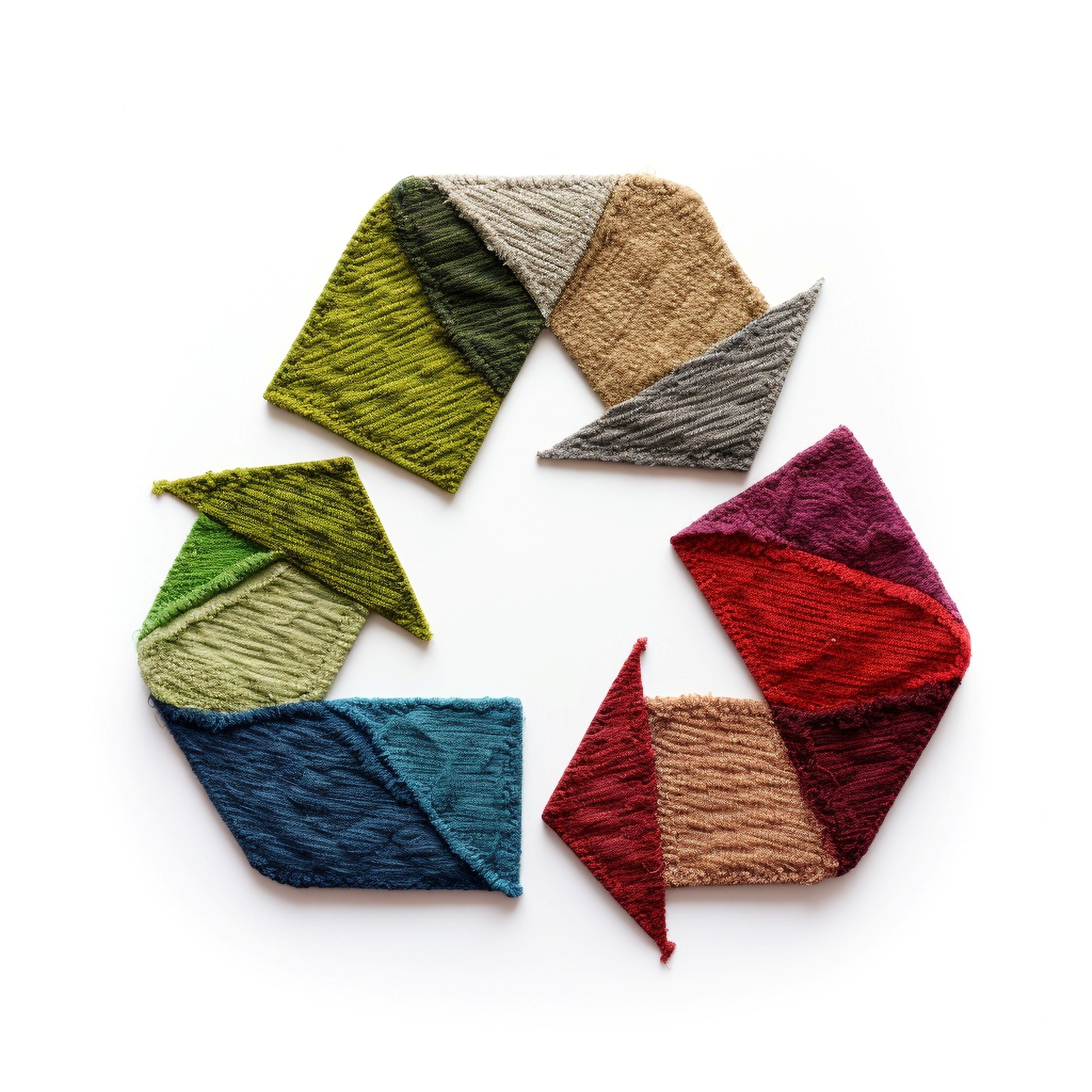Sourcing fabric involves more than choosing the right texture, weight or print. Without inspection and testing, unseen flaws can pass through the supply chain and disrupt production. Even minor defects may cause waste, returns or higher costs.
For brands working with smaller batches, consistency matters. Shrinkage, color variation or weave distortion can affect how a garment fits or holds up over time. Inspection helps identify these issues early and prevents them from affecting final outcomes.
Testing adds another layer of quality control. It ensures that fabrics meet specific performance standards, such as color fastness, durability and wash resistance. When these checks are in place before production begins, the entire process runs more smoothly.
The next section will outline the most important features to look for in a fabric inspection and testing service.
Also Read: Who Provides Inspection and Testing Services for Fabric Quality Assurance?
What to Look for in Fabric Inspection Services

A strong inspection service does more than scan for basic defects. It provides a structured process that checks fabrics against both visual and performance standards. This ensures the material meets production requirements before it moves forward.
Reliable inspection services should cover several key areas:
- Visual checks for defects such as stains, holes, misprints and weave inconsistencies
- Measurements of width, weight and construction based on order specifications
- Surface checks under different lighting to catch flaws not seen in standard conditions
- Grading systems that classify defects by type and severity
- Detailed reporting to support decision-making and supplier communication
Inspection is most effective when it is backed by documentation. A platform that offers clear records gives you greater control over sourcing, helps reduce errors and builds trust across your supply chain.
In the next section, we will review the types of fabric tests commonly offered by professional platforms.
Types of Fabric Testing Commonly Offered

Fabric testing is a key part of quality assurance that helps brands understand how a material will perform during use and care. It provides measurable data about fabric strength, stability and color behavior. These checks reduce the risk of defects showing up after production and help brands avoid customer complaints, returns or reputational damage.
Most testing services organize their checks into specific categories based on what the fabric is expected to do. The goal is to identify any weakness early and confirm that the material meets required performance standards before it reaches production.
Here are the most common types of tests used in textile sourcing:
-
Physical performance tests evaluate how the fabric holds up to tension, abrasion and repeated use. These include strength, stretch recovery and pilling resistance.
-
Color fastness tests determine how well the fabric maintains its color when exposed to washing, light, rubbing or perspiration. This prevents unexpected fading or color transfer.
- Dimensional stability tests measure shrinkage or distortion after washing or pressing. They help ensure that the final garment maintains its shape and fit.
Some suppliers offer additional tests for fire safety, moisture management or eco-compliance based on market or product category. These tests provide added assurance for export or technical applications.
In the next section, we will review platforms that provide access to these testing services along with sourcing and quality control tools.
Top Platforms That Offer Fabric Inspection and Testing Services

Finding a platform that offers both fabric sourcing and reliable inspection services can help streamline your production process. The right partner provides access to quality materials along with structured checks that confirm the fabric’s consistency, performance and suitability. Several platforms now offer these services either in-house or through verified third-party partners.
Here are a few reliable options used by fashion businesses around the world:
-
Fabriclore: Offers in-house fabric inspection and testing as part of its sourcing model. The platform checks over 20 types of defects and performs shrinkage and color fastness tests. Reports are built into the workflow so you receive clear data before production begins.
-
Intertek: A global testing agency that provides independent inspection and certification for textiles. Services include lab-based tests, regulatory compliance and supplier audits.
-
Bureau Veritas: Specializes in product quality control for textiles and garments, including lab testing and factory-level inspection.
-
Texworld NYC Sourcing App: Offers digital access to verified suppliers, some of whom include inspection and test results in their listings.
- QIMA: Offers inspection and lab testing services across Asia, Europe and the U.S. with fast turnaround and detailed reporting.
Each platform supports different sourcing needs, depending on your region, production scale and product category.
Next, we will explore how Fabriclore integrates inspection and testing into its full-service sourcing process.
Fabriclore: Fabric Sourcing with Built-In Inspection and Testing

Fabriclore simplifies sourcing by combining material selection, custom design and in-house quality checks within one platform. For fashion businesses working at low minimums, having inspection and testing integrated into the supply process helps reduce risk and maintain consistency across batches.
The company operates with a structured approach that checks each meter of fabric before dispatch. Its inspection unit is designed to identify over 20 types of defects, along with key tests that ensure the material performs well during production and use.
Fabriclore’s inspection and testing features include:
- Shrinkage assessment to verify post-wash stability
- Color fastness checks to reduce fading and transfer
- Internal records of count, construction, weave and fold length
- Packaging that protects fabric during shipping
- Traceable sourcing from top-tier Indian mills
Quality checks are handled inside Fabriclore’s dedicated 10,000 square foot facility. Every fabric passes through this unit before it reaches the customer, helping brands avoid delays, rework or fit issues.
Sourcing is supported by dyeing and printing units that follow a documented process. Certificates such as GOTS, FSC and BCI are available on request. Brands can also access cellulose fabric tags for marketing use.
In the next section, we will look at which businesses benefit most from this sourcing model.
Who Can Benefit from These Services?
Fabric inspection and testing are not limited to large production houses. These services help businesses of every size build consistency and protect quality. For brands working with custom fabrics or small batches, reliable checks can prevent costly setbacks and support smoother production cycles.
This model works well for a range of fashion businesses:
- Emerging labels testing new collections with limited yardage
- Independent designers needing control over fabric performance
- Direct-to-consumer brands focused on repeat customer satisfaction
- Export houses that must meet specific compliance standards
- Private labels seeking traceable, certified sourcing partners
- Garment studios managing frequent sampling or style changes
When fabric is inspected before it reaches the production floor, it reduces rework, speeds up lead time and improves product quality. Brands can move forward with greater confidence, knowing their materials meet both design and performance goals.
In the next section, we will explain how to access these services through Fabriclore's platform.
How to Access Fabric Inspection and Testing with Fabriclore

Fabriclore has built its platform to make sourcing and quality control accessible to fashion businesses of every size. Inspection and testing are not treated as add-ons but are integrated into every order, helping you secure consistency without managing separate vendors.
Getting started is simple. You can access fabric testing and inspection services by following these steps:
- Visit the Fabriclore platform and explore available fabric categories
- Filter by fiber, construction or finish based on your collection needs
- Request swatches to review texture, color and fabric behavior
- Choose RFD, mill-dyed fabric or pre-printed fabrics for your order
- Upload your custom design or select from the in-house pattern library
- Confirm order quantity and service requirements such as dyeing or printing
- Receive your order with complete quality documentation and secure packaging
Each order passes through Fabriclore’s in-house inspection unit before it ships. That means fewer follow-ups, fewer mistakes and better control over your production schedule.
Next, we will answer a few common questions that fashion businesses ask when exploring fabric testing and inspection services.
Final Thought

Building a reliable sourcing process requires more than choosing the right fabric. Without inspection and testing, even small issues can affect timelines, budgets and product quality. For brands working in small runs or managing frequent design changes, quality checks help maintain control and reduce risk.
Platforms that offer these services within the sourcing workflow save time and reduce friction. When testing is handled early, production flows more smoothly and outcomes become more consistent.
Fabriclore makes this possible by combining sourcing, customization and inspection within a single system. This approach supports fast-moving teams and helps growing brands operate with greater confidence.
If consistent quality and low minimums matter to your brand, integrating inspection and testing into your sourcing plan is a practical next step.
Also Read: Where Can I Find A Platform For In-House Fabric Inspection And Testing Services?
FAQs
What is fabric inspection?
Fabric inspection is a quality control process that checks for defects, irregularities or inconsistencies in fabric before it moves to production. It helps ensure that the material meets visual and technical standards.
What types of fabric tests are common?
Common fabric tests include shrinkage measurement, color fastness to washing or light, pilling resistance, tear strength and dimensional stability. These tests help confirm that the fabric performs as expected after use and care.
How can I test fabric before bulk production?
You can request swatches or test yardage and have them inspected or lab-tested by the supplier or a third-party service. Platforms like Fabriclore include shrinkage and color testing as part of the sourcing process, helping you make informed decisions.
We also happen to be a magnet for suggestions, and would love to catch yours….throw us yours on hello@fabriclore.com




